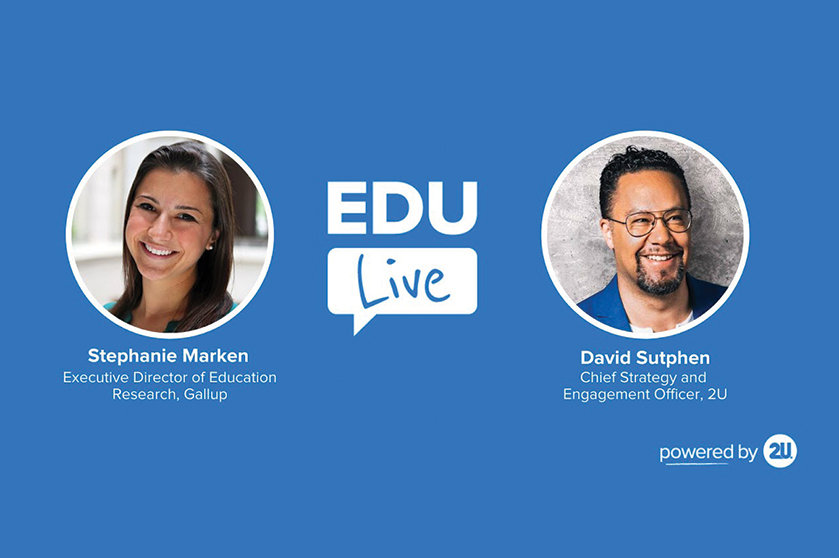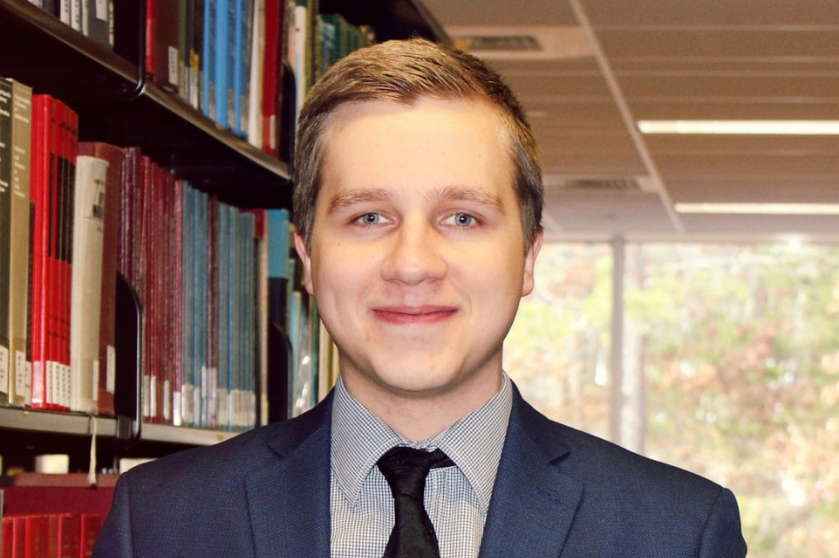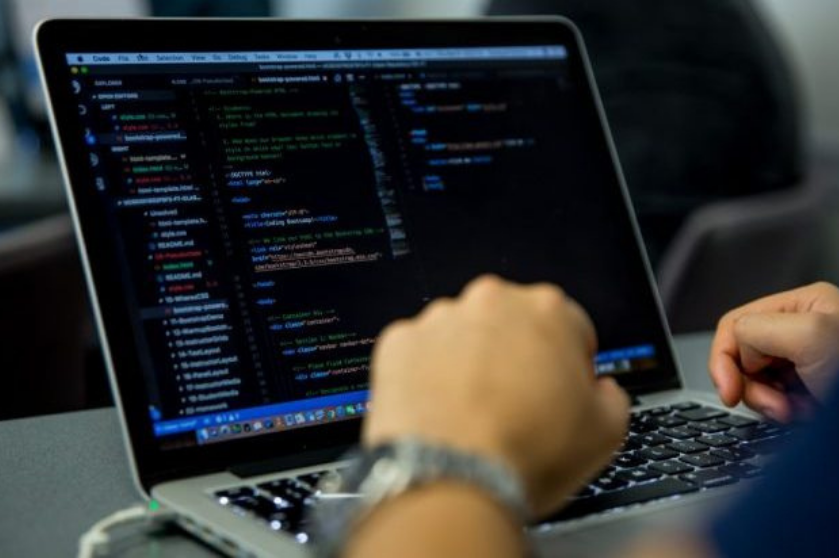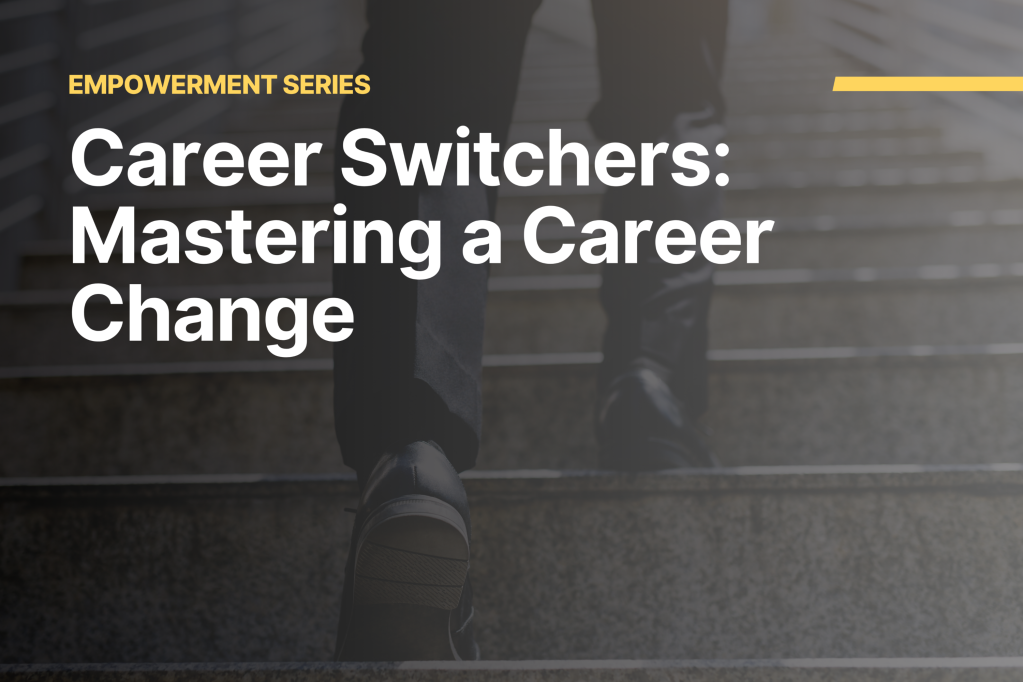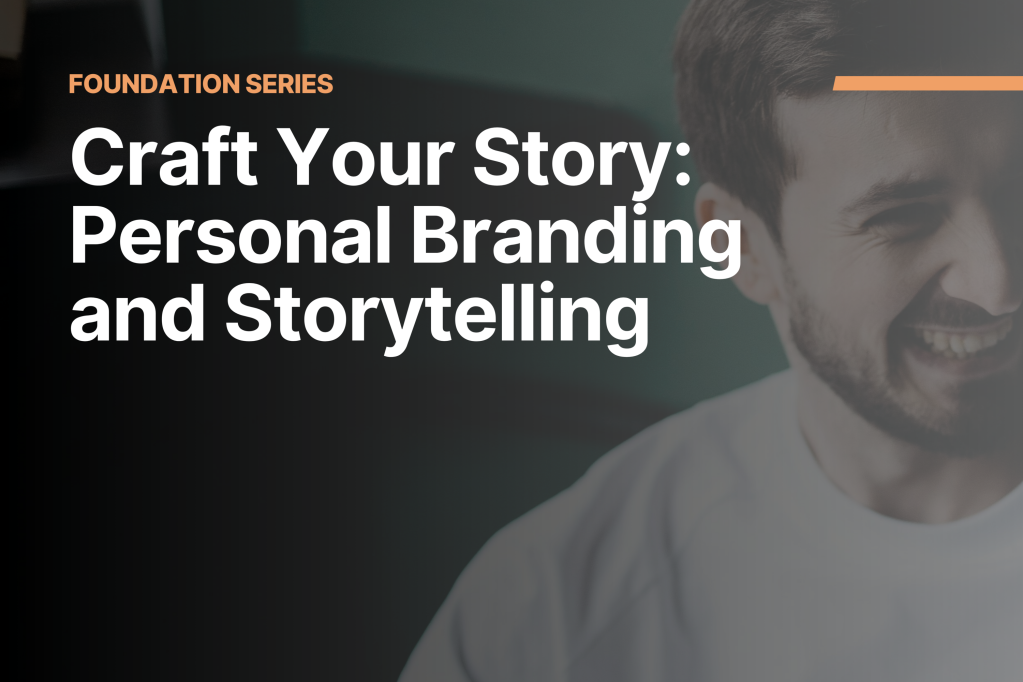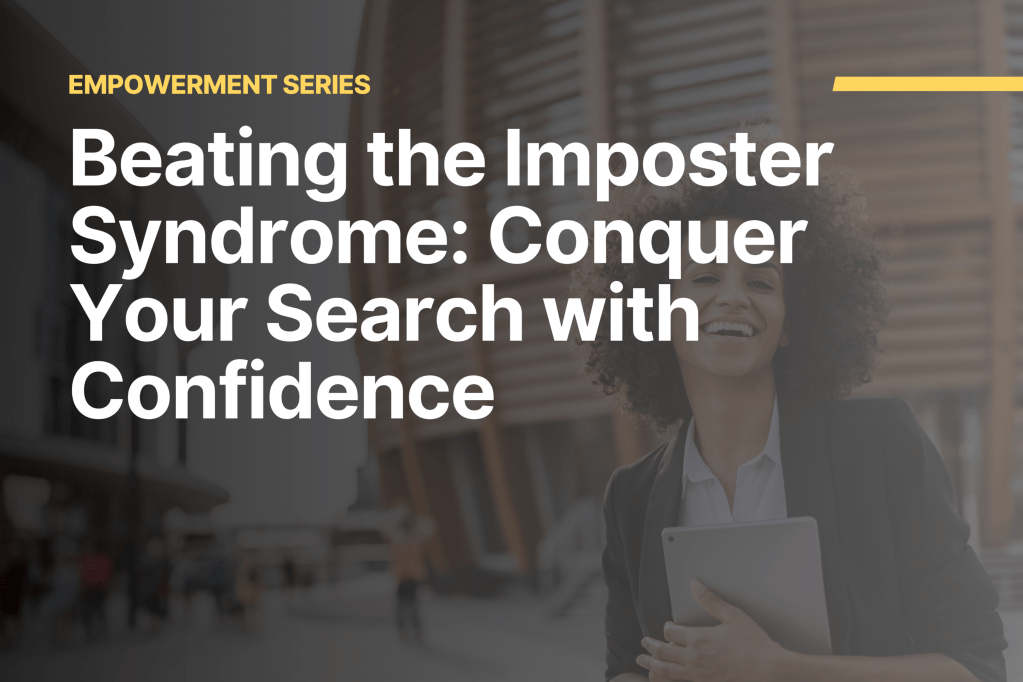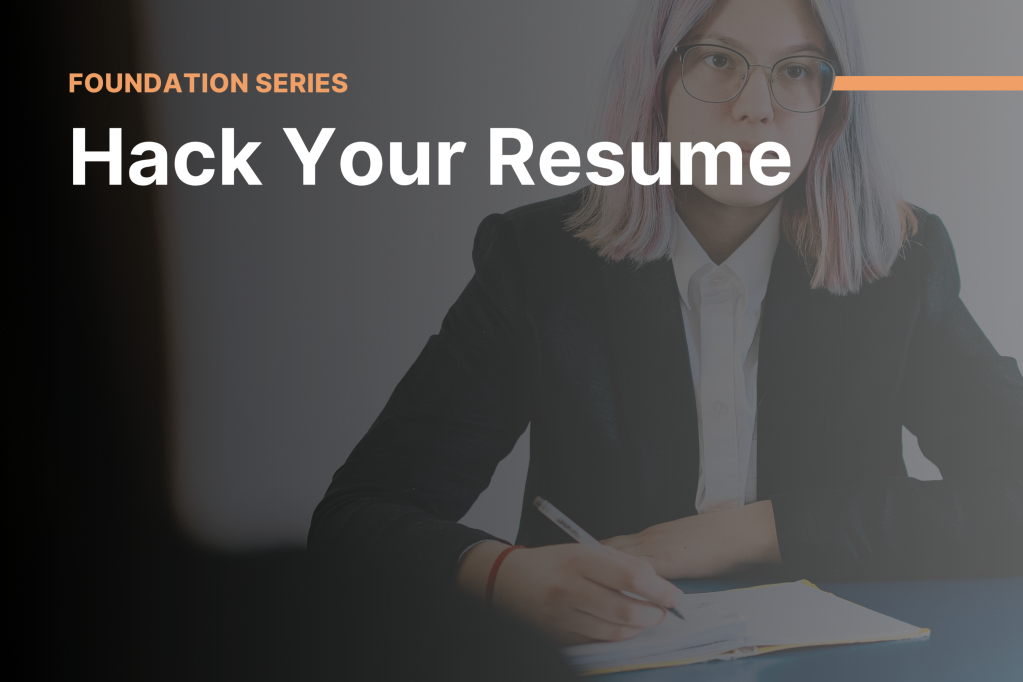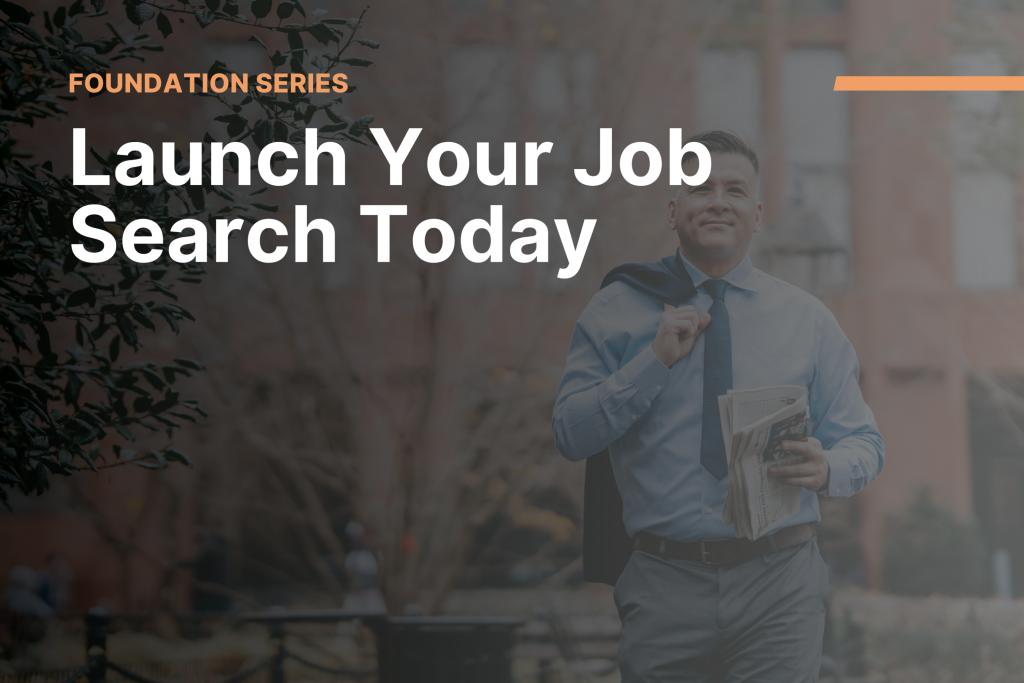2U, Inc. is the parent company of edX.
Hosted by David Sutphen, EDU: Live is a monthly LinkedIn Live series of conversations with leaders from academia, business, and civil society who are passionate about creating greater equity, access, and opportunity in higher education and beyond. Drawing from his experiences at 2U, Inc., his work with the civil rights community, and his service on education-related, non-profit boards, Sutphen talks about opening doors of opportunity with those who have walked through them—and are using their positions to empower others to follow.
For the fourth episode of EDU: Live, our monthly series on equity, access, and opportunity in higher education, 2U, Inc. Chief Strategy and Engagement Officer David Sutphen welcomed Stephanie Marken from Gallup to the conversation.
As the executive director of education research at the global analytics and advice firm, Marken is a unique resource and knowledge base on these topics. She began her career at a public opinion polling institute followed by graduate studies in survey research before joining Gallup nearly nine years ago. Marken has worked with hundreds of universities and other organizations to design data collection instruments, identify sample methodology, direct interviews and focus groups, and analyze study results to meet clients’ research needs.
“At the polling center, I fell in love with the notion that people would share their thoughts with a stranger, and that I could provide them with a voice,” Marken said. “For me to come to Gallup—an organization founded on the mission of helping people be heard—was core to what I wanted to do. I’ve always been a big believer that education is not just a tool to level the playing field, but really our only tool to do so. It’s the only equalizer we have to address some of the inherent inequities that exist within our society.”
In 2019, 2U, Inc. commissioned Gallup to conduct an in-depth, three-year study on various aspects of the student and graduate experience across 2U, Inc. programs. The most recent report, Positive Career Outcomes and Equitable Experiences: The 2020 Gallup-2U, Inc. Graduate Alumni Outcomes Study, was published in April with Marken’s help. During the EDU: Live discussion and viewer Q&A, she talked about evolving perceptions of online learning, top indicators of student career fulfillment, how COVID has changed the conversation on university research, and other trends she observes in her work.
In case you missed it live, following are some brief highlights from Marken and Sutphen’s dialogue. For even more insight, you can watch the episode in its entirety at the top of the page. Registration is now open for the next episode. To keep up-to-date on the full monthly series, visit the EDU: Live LinkedIn page.
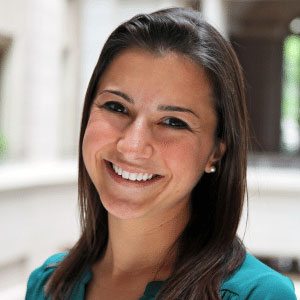
I’ve always been a big believer that education is not just a tool to level the playing field, but really our only tool to do so. It’s the only equalizer we have to address some of the inherent inequities that exist within our society.
Stephanie Marken, executive director of education research at Gallup
DAVID SUTPHEN (DS): What does it mean to run the Education Division at Gallup?
STEPHANIE MARKEN (SM): “I’m blessed to work with a diverse group of organizations that are focused on improving student outcomes and the quality of the faculty and staff experience, and addressing some of the inherent inequities that students experience. That’s our focus at Gallup: quantifying the issues that schools are facing and allowing them to compare themselves to other institutions and student populations. We have large benchmarks from which we understand what outcomes look like nationally, so we try to give schools a sense of their unique strengths and opportunities for improvement.”
DS: Are you seeing changes in people’s perceptions of learning online versus on campus?
SM: “What we’re seeing consistently is that a larger proportion of people are considering or even preferring online learning. Over the last six months, you see a clear preference for an online modality, particularly among adult learners who, for example, can’t afford to relocate to a more expensive city but still want a high-quality education. There’s been this perception that online programs are monolithic, but in reality they’re incredibly varied. Not all online programs are created equal, and the extent to which you do well is not based on whether you do it online or in person. The modality is not the predictor of success. The predictor is whether it has been intentionally designed to be delivered online. And just because you’re online, that doesn’t mean it’s not going to be a strong relationship [between students and faculty]. It could actually be stronger in some cases.”
DS: What are some indicators that lead students to say they got value out of a learning experience?
SM: “The extent to which students feel their professor cares about them as a person is the kind of thing they’re describing right now as transformative. Having a faculty member who understands them—who will work with them and adapt—makes a big difference. Schools have made attempts to create centers or services that are expected to serve all students equally, when in reality different students need different things. That’s something we see as important for institutions to address—how to create an equitable experience, not necessarily an equal experience. Some other indicators I’m seeing are providing high-quality career resources . . . and allowing students better access to alumni in their field.”
DS: What does a positive career outcome entail from what you’re seeing in the research?
SM: “Anyone who reads our reports will see that we believe the non-economic value is just as important—if not more important in some cases—than the economic value someone derives from their degree. Our research shows that people’s happiness is not linked to their income alone. We need to have a much bigger conversation about value, and it needs to encompass a lot of things. We’ve found purpose and pay to be equally important with people.”
DS: How has COVID “changed the conversation” on what universities want to study?
SM: “There was a lot of reluctance with clients before the pandemic to talk about well-being [of faculty and staff]. We heard, ‘Well, that’s personal and this is a professional survey, so we don’t need to know how people are doing in their personal lives as it relates to their work.’ What COVID reminded all of us is that the personal is impacting the professional, because the two are now one and people aren’t leaving their homes on a day-to-day basis. This is also true for students, because so much of their ability to be present in their school work is dependent on how they’re functioning in their personal life. Now there’s an intense focus on measuring well-being that we’ve never seen before.”
Watch the full episode now
Go even deeper into the topics above as well as what Marken discussed in the viewer Q&A—including what she sees as the biggest misconceptions in driving student outcomes, the university’s role in supporting students’ continued education and well-being post-graduation, and which topic she’d want Gallup to research if money were no object.
This article was originally published on The Latest on June 8, 2021.

